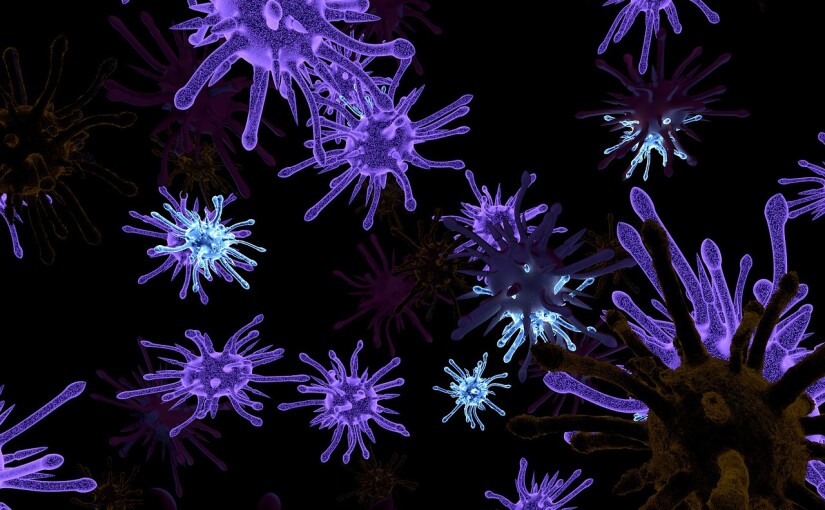Infectious diseases are the types of sicknesses that you rush to the doctor for in an attempt to treat them. They can be as mild as slight annoyances to fatal sicknesses and usually require a combination of a strong immune system and medications to recover from them. Depending on the type of infectious disease, treatment can differentiate vastly. The 5 main categories of infectious diseases are:
- Bacteria-caused:
Bacterial infections are caused by an imbalance or exposure of bad bacteria in your body that grows uncontrolled and gives you symptoms, making you sick. They aren’t easily prevented, but can often be treated with the use of antibiotics. Some common examples are: Strep Throat, Chlamydia, Tuberculosis, and Lyme Disease.
- Virus-caused:
Viral infections are caused by exposure to active or hidden viruses. These viruses reproduce in your body and can either make you sick just a few days after exposure (active virus) or weeks afterwards (hidden virus). Viruses can’t be treated by medication, but vaccines can be developed to boost immune response to the virus or prevent it from making you sick if exposed. Some common examples are: COVID-19, Ebola, Common Cold, and the Stomach Virus.
- Fungus-caused:
Fungal infections are caused by an overgrowth of fungus in your body, which throws your pH levels off and makes you either feel sick or have a visible infection. Most fungal infections are mild, and they require antifungal medications to treat them, either in topical or pill form. Some common examples are: Yeast Infections, Seborrhaic Dermatitis, Fungal Meningitis, and Athlete’s Foot.
- Parasite-caused:
Parasitic infections are caused by parasites that require a host body to survive. They can be very painful or gp undetected for quite a long amount of time. There are three types of parasites that cause sickness in humans: Protozoa, Helminths, and Ectoparasites. There are antiparasitic medications to treat some parasitic infections. Some common examples are: Tapeworms, Head lice, Malaria (from mosquitos), and Toxoplasmosis.
- Prion-caused:
Prion infections are extremely rare in humans. They are essentially a protein that deform your body’s proteins. There is no way to treat prion infections, but some medications can slow down the infection rate. Some examples are: Prion-caused Dementia, Cruezfeldt-Jakob disease, and Kuru.



